Healing from toxic mothers is not easy. But knowing the effects of mean mothers can be liberating and help you foster healthy relationships.
No, you were not too demanding or needy for wanting your mom’s attention and care. Mother’s Day can be a triggering time for many. But it’s important to heal the emotional wound that’s still festering in you.
As a child, we are dependent on our mothers for our safety, nourishment, and well-being. Our need for our mother’s love is primal and fundamental and thus your concern about the effects of toxic mothers on children is justified.
The effects of toxic mothers on children are far too many and if you are not careful enough, these can lead you to more heartaches and failed relationships in your adult life.
According to the attachment theory, the way a mother interacts with her child becomes the cornerstone of the child’s psychological development.
On the basis of this primary attachment with the mother, the child goes on to build their perception of self and of all other future relationships.
If the mother is emotionally stable, nurturing, and loving towards her offspring, the child internalizes these traits and eventually grows up to become an emotionally secure individual who can form a secure attachment style.
But if the mother fails to offer unconditional love in a consistent manner, her child is doomed to develop one of the insecure attachment styles and have difficulties forming and maintaining healthy relationships as an adult.
More bad news coming your way, as adults, children of toxic mothers tend to be clingy and emotionally dependent on their partners.
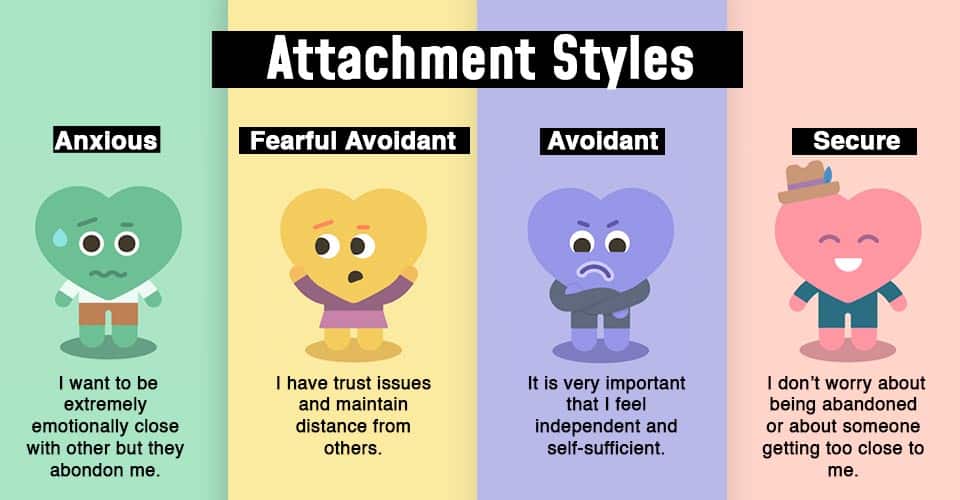
Who Are Toxic Mothers?
Toxic mothers are the unloving ones who cannot or choose to not offer their affection to their children while they are still growing up.
These emotionally unavailable mothers are hyper-critical, cold, and aloof towards their children. Such toxic mothers can neglect their children’s welfare, fail to meet the basic needs of the infants, and even be abusive. So yeah, they really can do a number on us.
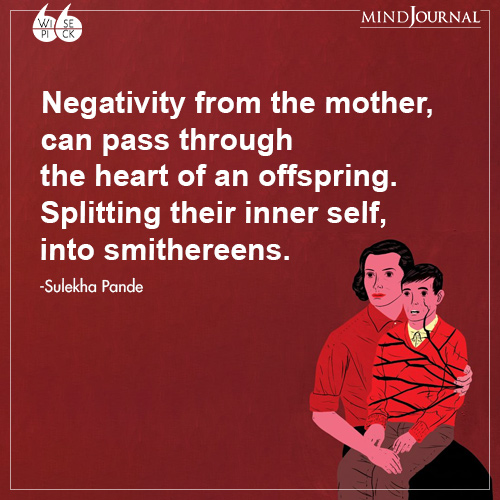
Related: 20 Clear Signs You Are The Child Of Toxic Parents
7 Effects Of Toxic Mothers On Children
So, before Mother’s Day 2023, let’s take a look at the effects of toxic mothers on their children:
1. Self-Loathing
One of the most troubling effects of toxic mothers on children is that young offsprings internalize the hate and mistreatment.
They are too young to understand why they are being treated in such a terrible way by their primary caregiver and their formative mind makes them believe that there is something inherently wrong with them.
Without proper psychological intervention, children of toxic mothers become adults with a distorted self-image, who form unhealthy attachment types.
2. Lack Of Confidence
Did you use to get shot down by your mother every time you made a suggestion or expressed an emotion? Did she dismiss or downplay your every achievement as a growing child?
This can substantially impair the self-confidence of a vulnerable kid. Chances are after growing up, the child will struggle to believe that they are worthy of love and affection and that they have what it takes to achieve success.
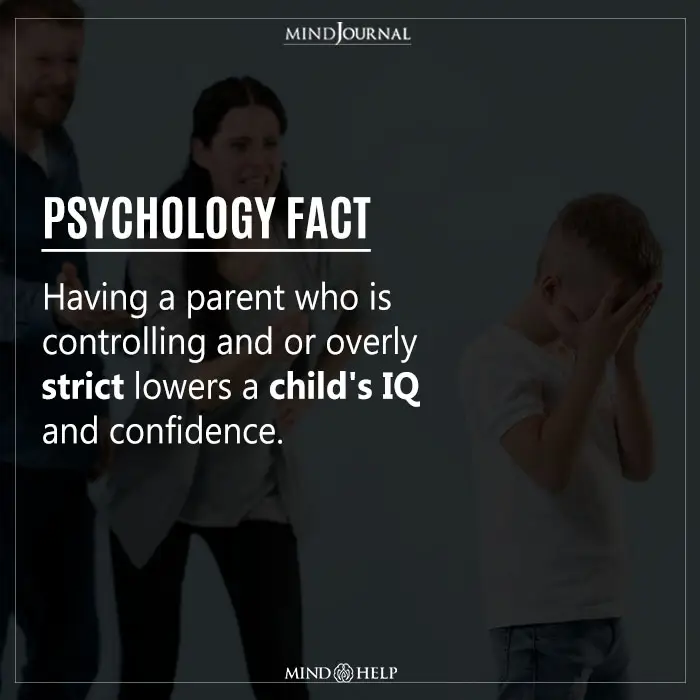
3. Trust Issues
Little children are instinctively programmed to see their mothers as the unshakable source of protection and care.
When that trust gets shattered into a thousand pieces, one can only imagine how messed up it can be for a child. It’s a no-brainer that developing trust issues at a tender age is one of the alarming effects of toxic mothers on their children.
Such kids find it hard to place their trust in their friends and romantic partners. As a result, they frequently get obsessed, become suspicious to the extent of paranoia, and assume they would be cheated, betrayed, or left out in the cold.
Their fear of rejection, germinated by their unloving mother, makes them unable to maintain long and healthy relationships, romantic or otherwise. Bummer, right?
4. Sensitivity To Criticism
Being subjected to harsh judgments all your childhood can make you oversensitive to criticism.
Someone who grew up with a hypercritical and impossible-to-please mother might get triggered by negative feedback, rude comments, slights, or even constructive criticism.
Any kind of rejection will take them back to the time when they were not equipped to defend themselves. This might lead them to unknowingly compensate for that misery by overreacting or lashing out.
5. Emotional Instability
Emotional dysregulation, especially in the face of stressful situations is one of the effects of toxic mothers on children.
People who went through extreme emotional distress as children, find it challenging to process emotional stressors and manage their feelings effectively.
They tend to burst out or break down under pressure. Their partners, friends, and work associates might find them unstable, uncontrollable, or volatile because of their poor stress tolerance.
6. Problem Setting Boundaries
When children of toxic mothers do not get the attention that should have been unconditionally given to them, they work hard to win their mothers’ approval. As a result, this constant craving for validation makes them people-pleasers.
As adults, they fail to set healthy boundaries in relationships. They either allow others to take advantage of their vulnerability or violate the personal space of their partners by coming off too strong and intense.
In either case, they deny themselves healthy and wholesome love that could have healed them.
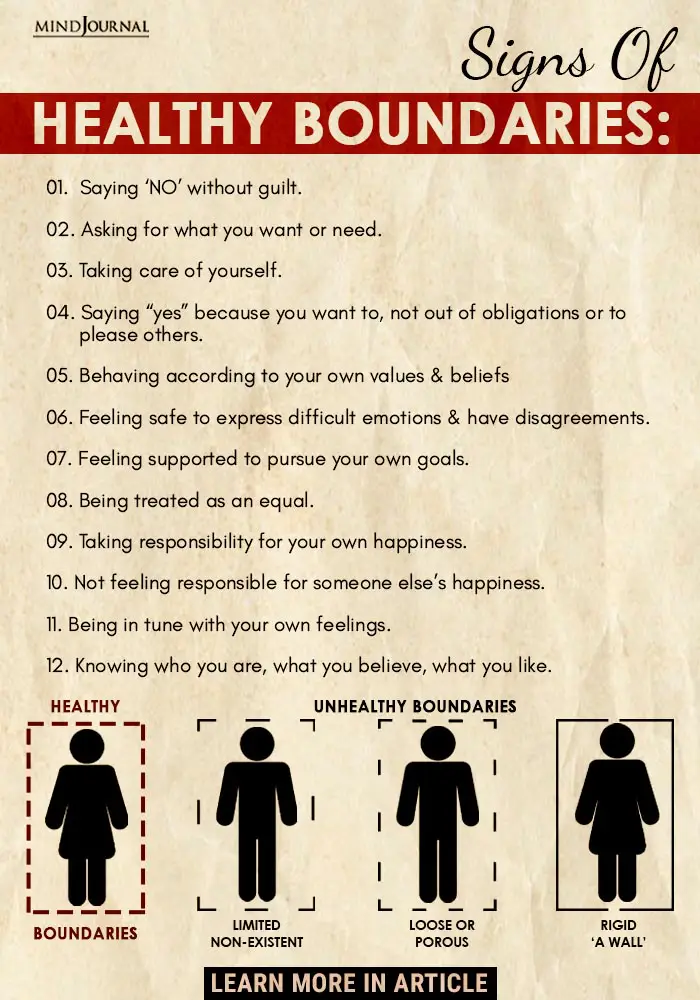
7. Recreating The Dysfunctional Setup
We are drawn to what is familiar to us. People with attachment security look for relationships that remind them of the happy and healthy familial bonds they experienced growing up.
Sadly, individuals with dysfunctional maternal relationships and insecure attachment styles, often seek out partners to replicate the same unloving patterns they have tried to run away from all their life.
It’s not surprising that one of the toxic mothers’ effects is that people who were abused or mistreated by their mothers, sometimes end up with romantic partners who are equally or more emotionally unavailable, distant, or even abusive.
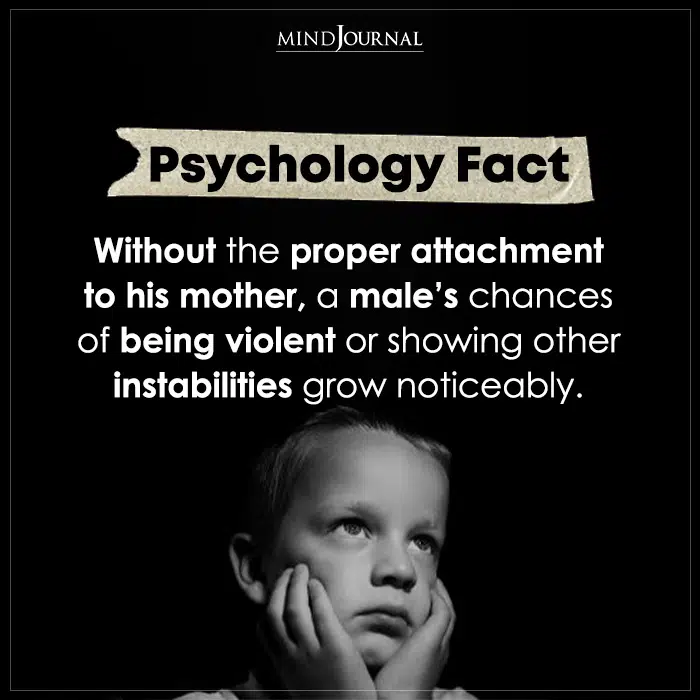
Related: Toxic Mother Daughter Relationships: Can You Identify These 8 Dysfunctional Patterns?
Some Other Signs You Are Suffering From Mother Wound:
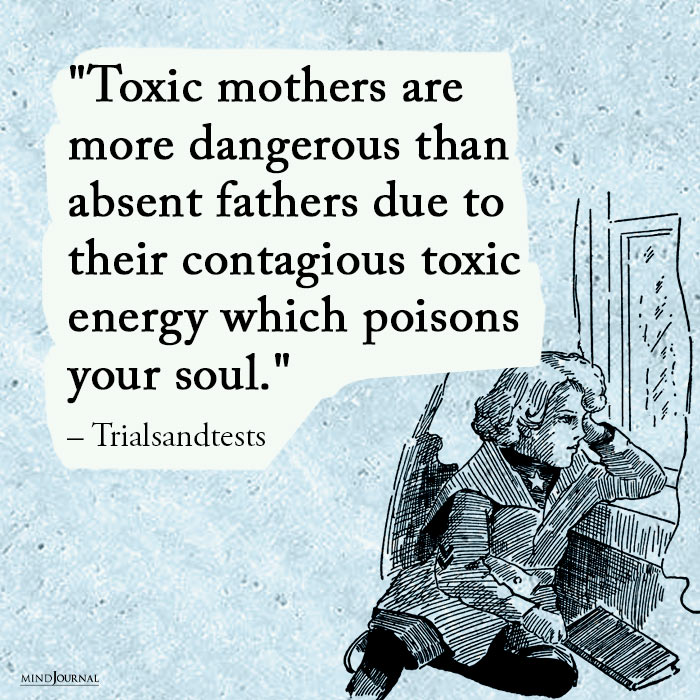
- You cannot say “No” to anyone.
- You are plagued by the fear of failure.
- You feel insecure in all your relationships.
- You overthink everything.
- You are either afraid or avoidant of intimate relationships.
- You blame yourself when others treat you badly.
- You have a hard time letting go of toxic connections.
- You have a deep-rooted belief that love has to be earned and cannot be freely given.

Why Are Some Mothers Unloving?
A mother may be cold and unloving towards her child due to several reasons, including the following:
- She hates herself and unknowingly projects that onto her children.
- She was not ready to be a mother and sees motherhood as a burden.
- She herself suffered childhood neglect or abuse which made her incapable of accepting and expressing maternal love.
- She has other unresolved traumas from her past life.
- She wants to fulfill her desires through her children, which makes her overly critical.
- She is in an unhappy relationship with her partner and she takes out her frustrations on her children.
- She suffers from postpartum depression or other psychological issues that prevent her to function properly as a mother.
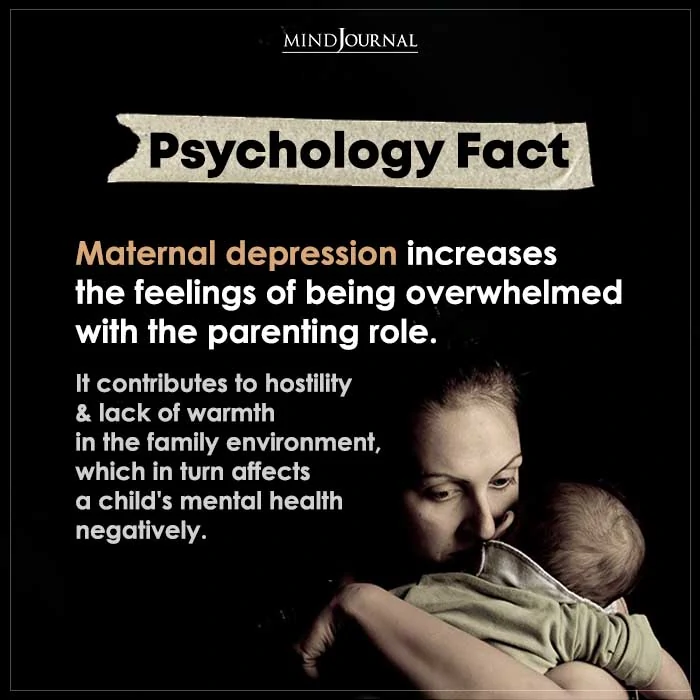
Signs Of An Emotionally Absent Mother
An emotionally absent mother might not be abusive to her child or negligent to the child’s physical and practical needs, but her emotional detachment and aloofness can be equally damaging to her child’s
- social skills
- emotion management
- and overall psychological development.
Cold mother syndrome, although not a medically recognized disorder, describes a mother who is never fully present for her children.
- She always makes you feel inadequate.
- You don’t feel safe expressing your feelings in front of her.
- You find it difficult to form and maintain relationships with others.
- Her physical touch lacks warmth and comfort.
- As you cannot turn to your mother for consolation or mental support, you develop unhealthy coping mechanisms under stress.
- You feel alone often as if you don’t belong anywhere.
How To Deal With Toxic Mothers?
Healing from an unloving mother can be daunting but not impossible. Once you understand the unloving mother psychology, you can try the following strategies:
- Know that you are not alone and there are many who have endured similar painful experiences.
- Understand why your mother behaved the way she did and that it was never about you.
- Know that not everyone is a cutout for mothering, even if they have become a mother.
- They couldn’t offer you love because they themselves never experienced unconditional love.
- Find better role models.
- Remember that you are not your mother and you always have the option to choose a healthier parenting style for your kids.
- You can choose to mend the relationship with your mother or leave her behind; it’s up to you.
Related: 13 Signs Of A Toxic Parent
Don’t Let Your Past Define You

Whether you have buried the hatchet with your mom or snapped all ties, you have the power to not let the effects of her parenting style dictate your life and relationships.
You are here not to bemoan your mother’s questionable ways, but to learn from them and make better choices for yourself.
If you found our content on toxic mothers helpful, do leave us a comment below and share this article with someone who might need it on International Mother’s Day. A happy Mother’s Day to you!
Frequently Asked Questions
Why daughters of unloving mothers struggle with shame?
The reason why daughters of unloving mothers struggle with shame can be attributed to their lack of confidence and self-esteem. They were not taught self-love by their mother.
What is toxic parenting?
Toxic parenting is characterized by the lack of unconditional love, care, and nurturance towards children. Toxic parenting also entails child abuse and neglect.
What is a toxic sibling?
A toxic sibling is one who is not supportive or caring but tends to manipulate or abuse their other siblings. They can be sons of unloving mothers or daughters of unloving mothers.
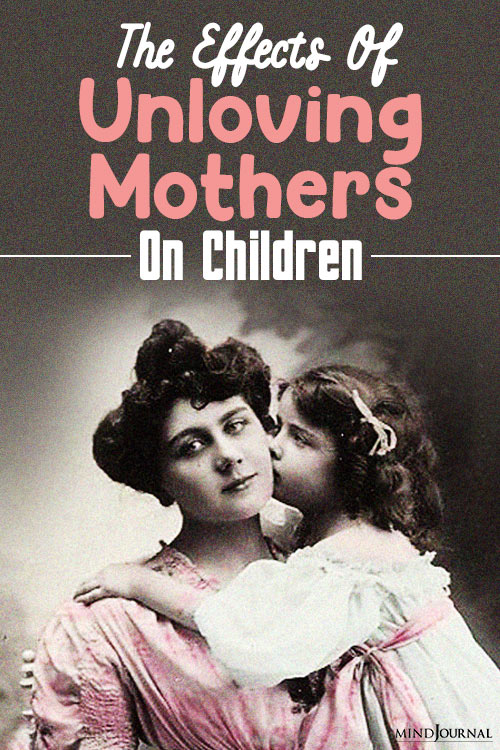
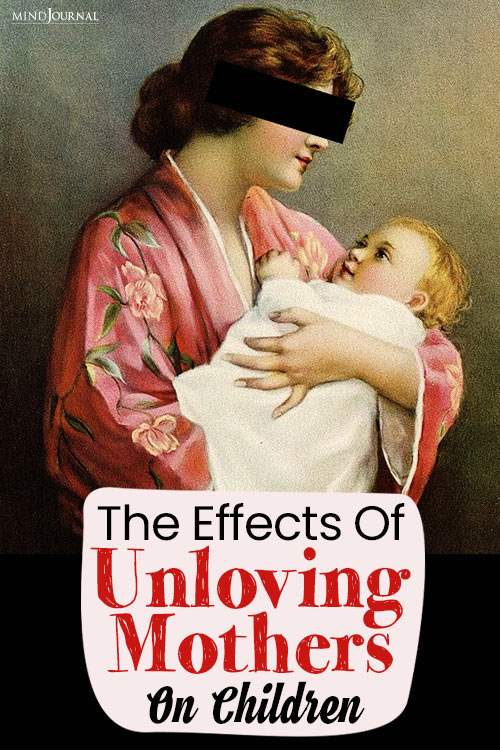
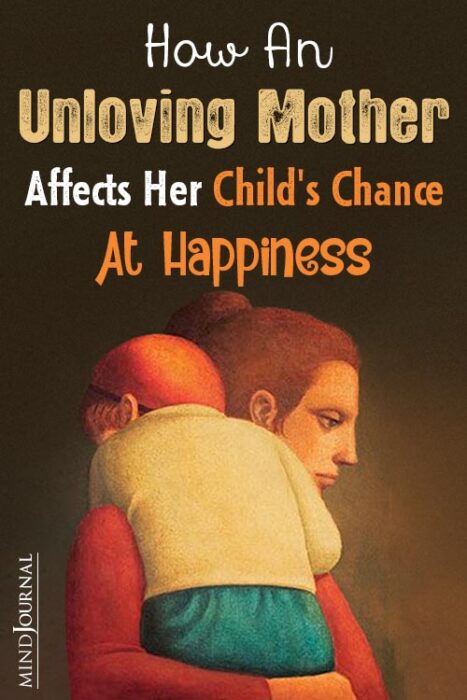
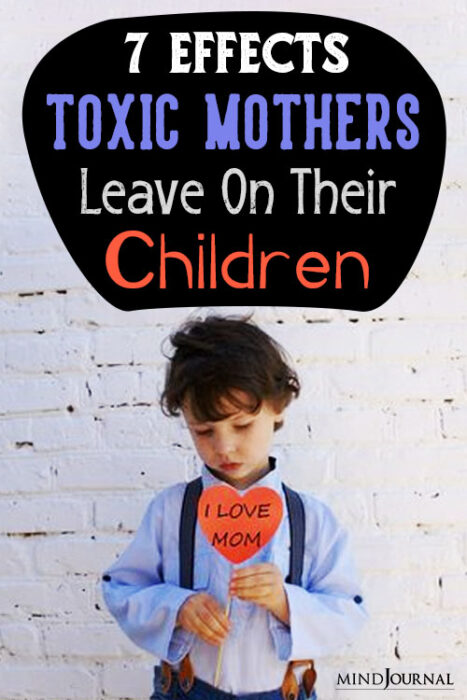
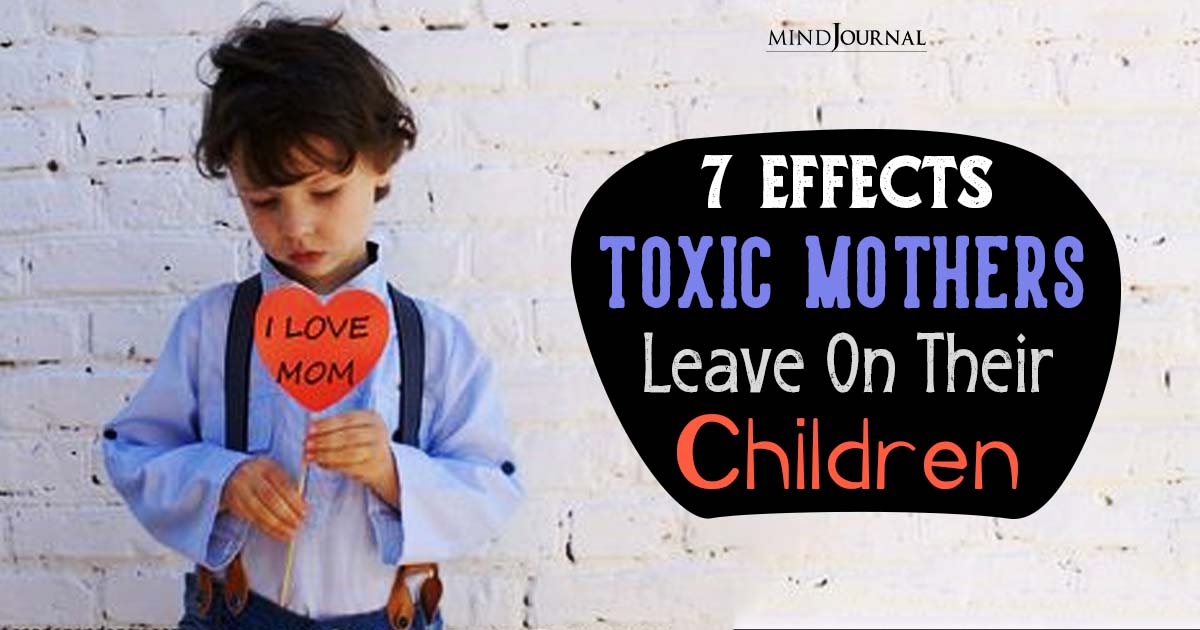







Leave a Reply
You must be logged in to post a comment.